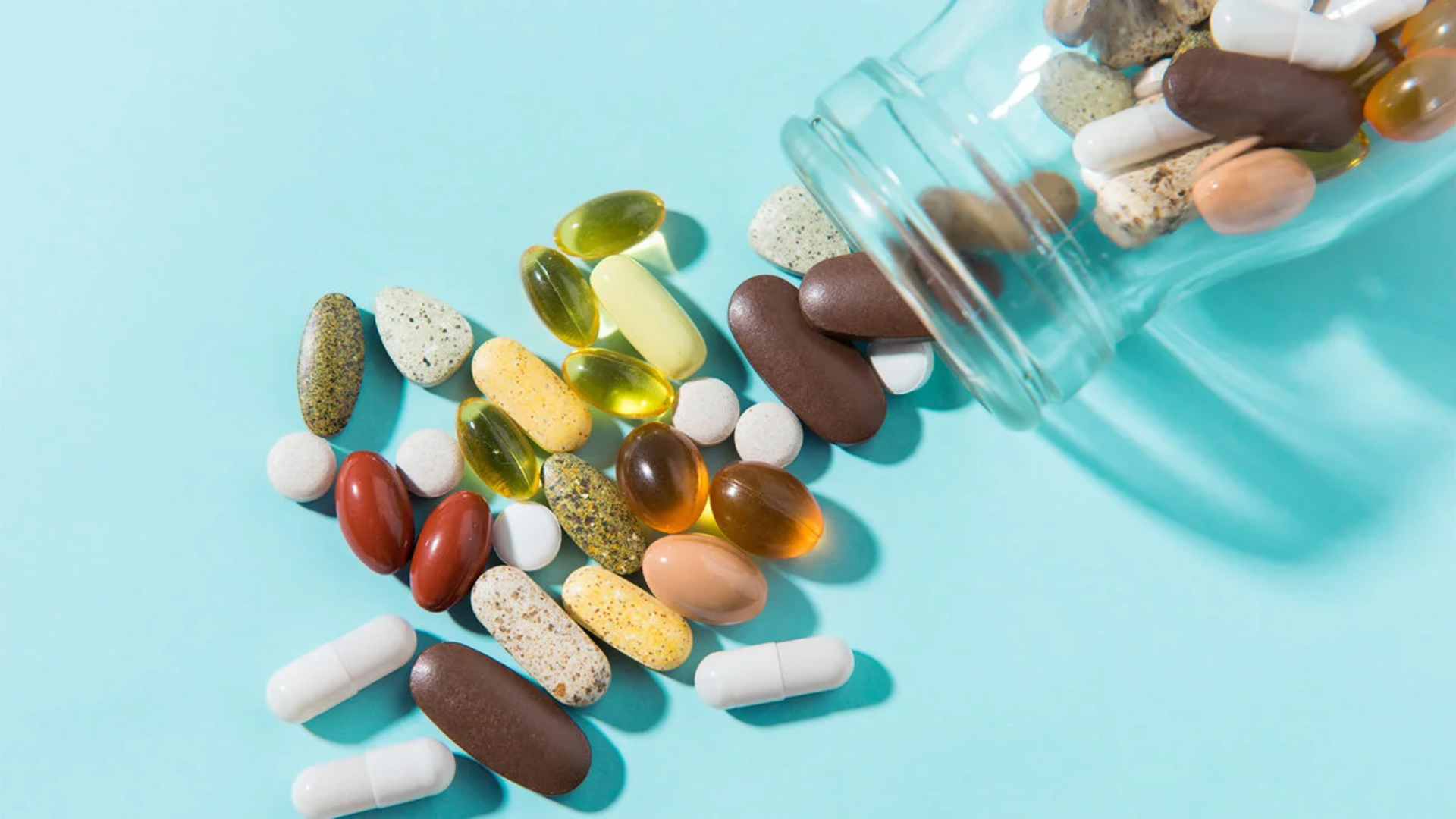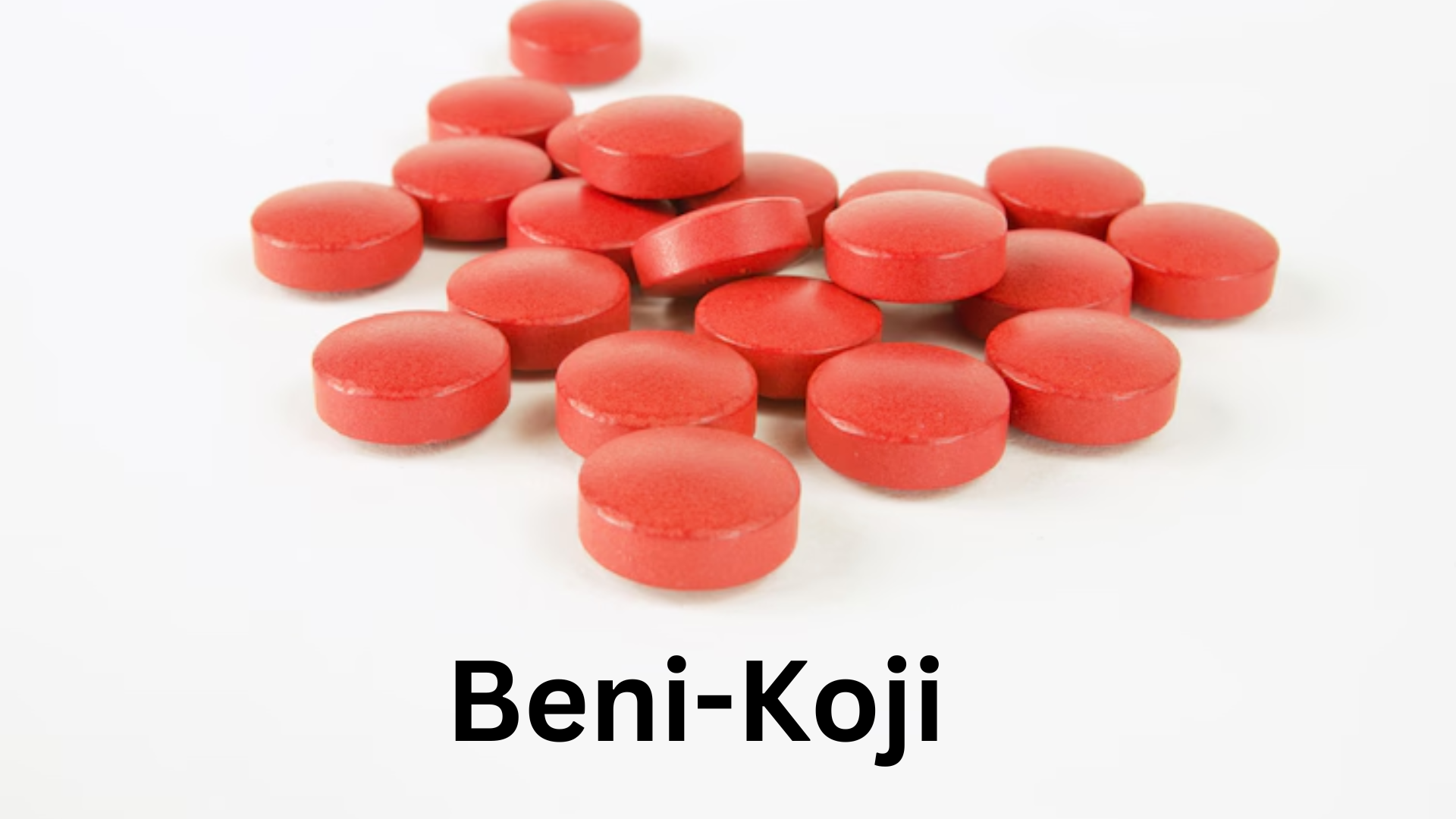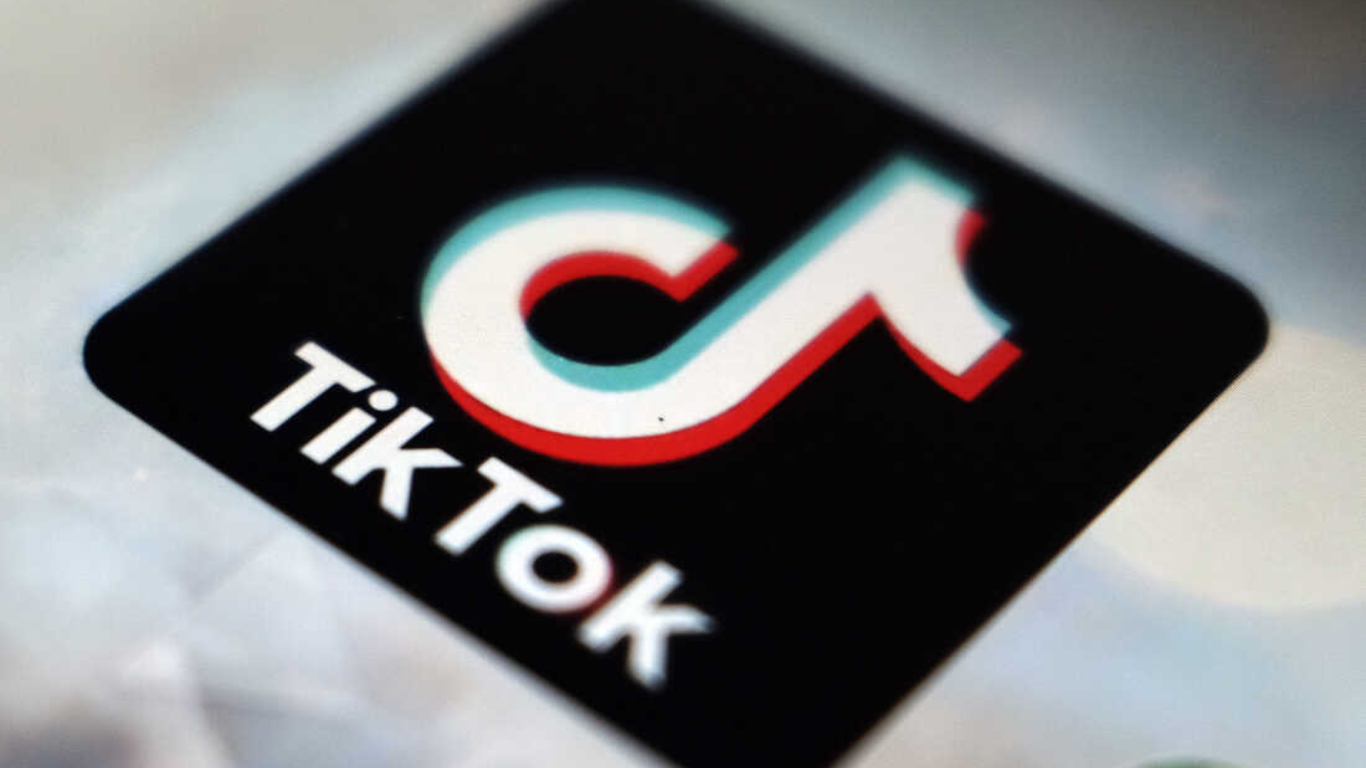










A Japanese pharmaceutical company has pulled its dietary health supplements from store shelves after reports linked the products to at least five deaths and over 100 hospitalizations. The supplements were found to contain an ingredient called beni-koji, a type of red mould known for its potential to reduce bad cholesterol levels in the body.
Beni-koji, also known as red yeast rice, is a traditional Japanese ingredient derived from fermented rice. It has been used for years in East Asian cuisine and traditional medicine due to its believed health benefits, including its ability to lower cholesterol levels. Additionally, it has been used as a food coloring agent.
While beni-koji contains lovastatin, which can help in reducing bad cholesterol, it also contains another substance called citrinin. Citrinin is a toxic metabolite that is believed to contribute to kidney disease, according to reports from NHK Japan news.
The supplements in question were manufactured by Kobayashi Pharmaceutical, which issued a recall of the product after concerns were raised about its safety. Following the controversy, health officials in Japan conducted raids on two plants belonging to the pharmaceutical company under the Food Sanitation Act.
While Kobayashi Pharmaceutical stated that their analysis did not find citrinin in the beni-koji ingredient, they did find the presence of an unknown substance. The company admitted that its beni-koji supplements may have unintended and potentially harmful ingredients.
The health supplements, particularly a product called Benikoji Choleste Help which claimed to aid in lowering cholesterol levels, are under investigation for their possible connection to kidney failure and other serious health issues.
The situation has raised significant concerns among consumers and health officials, prompting a closer look at the safety and regulation of dietary supplements in Japan. It serves as a reminder of the importance of thorough testing and transparency in the manufacturing and labeling of such products to ensure consumer safety.









